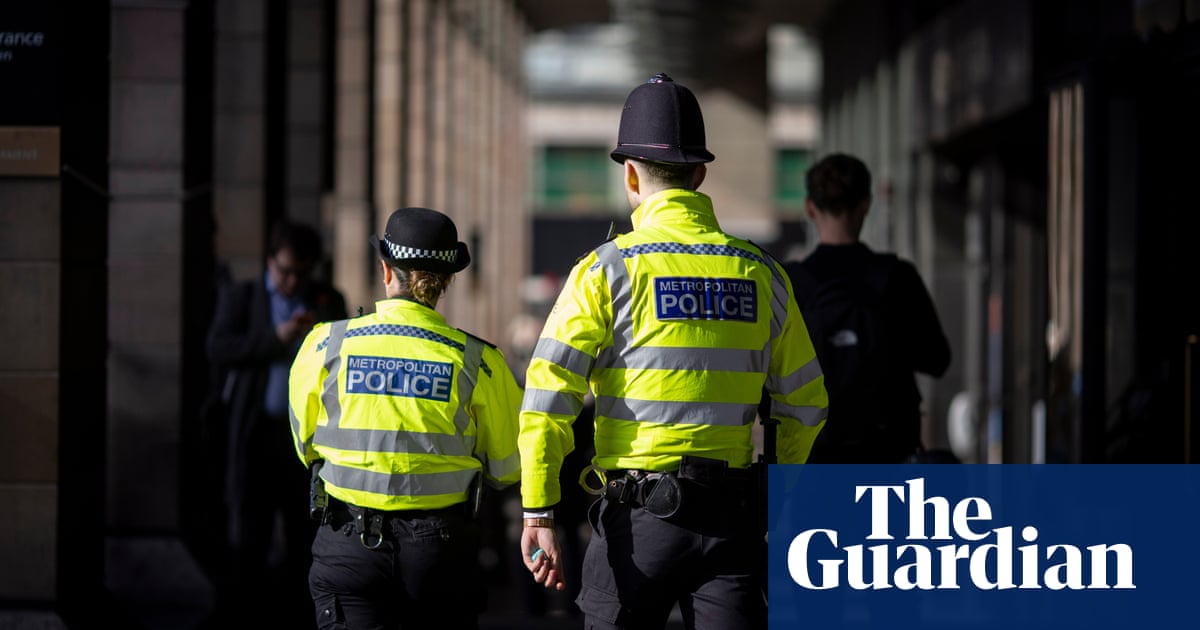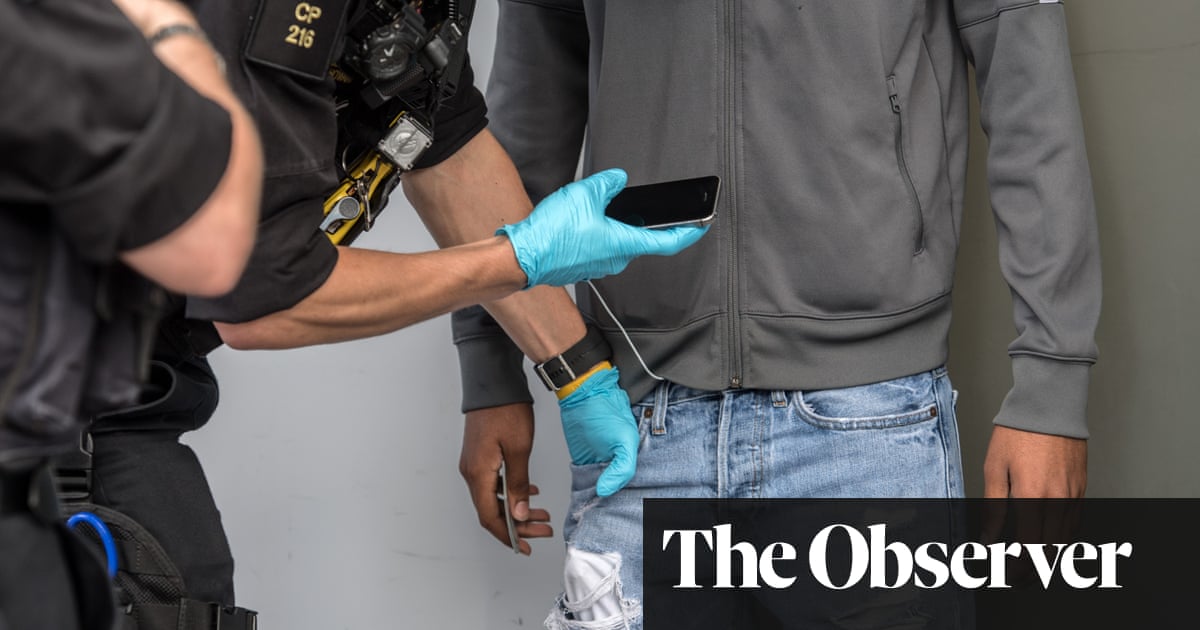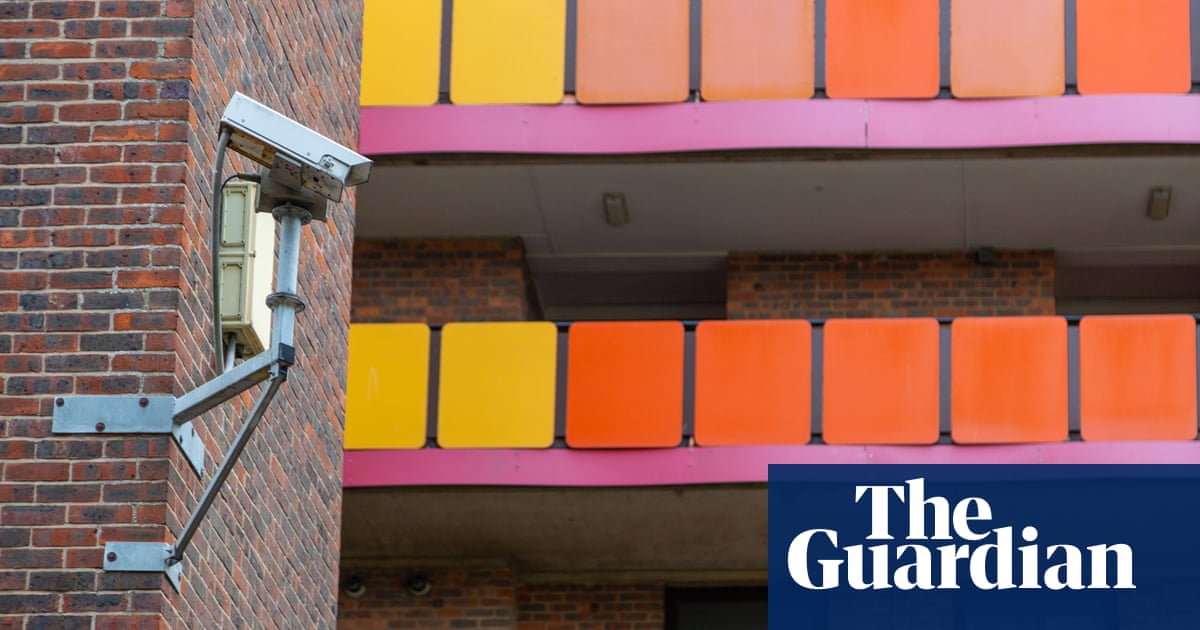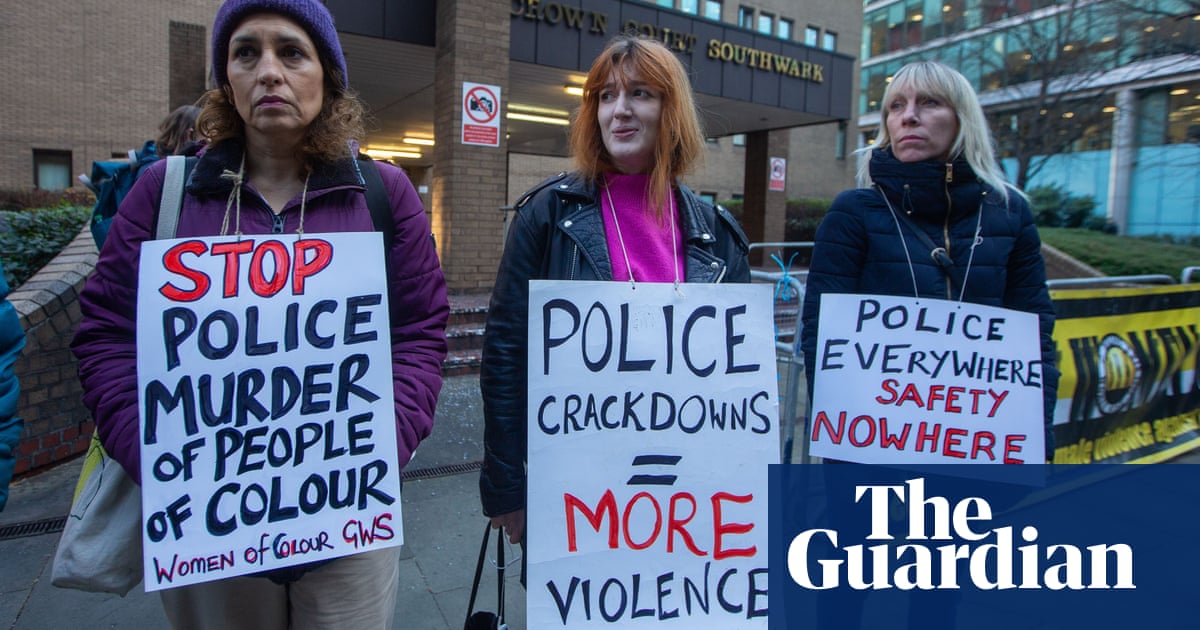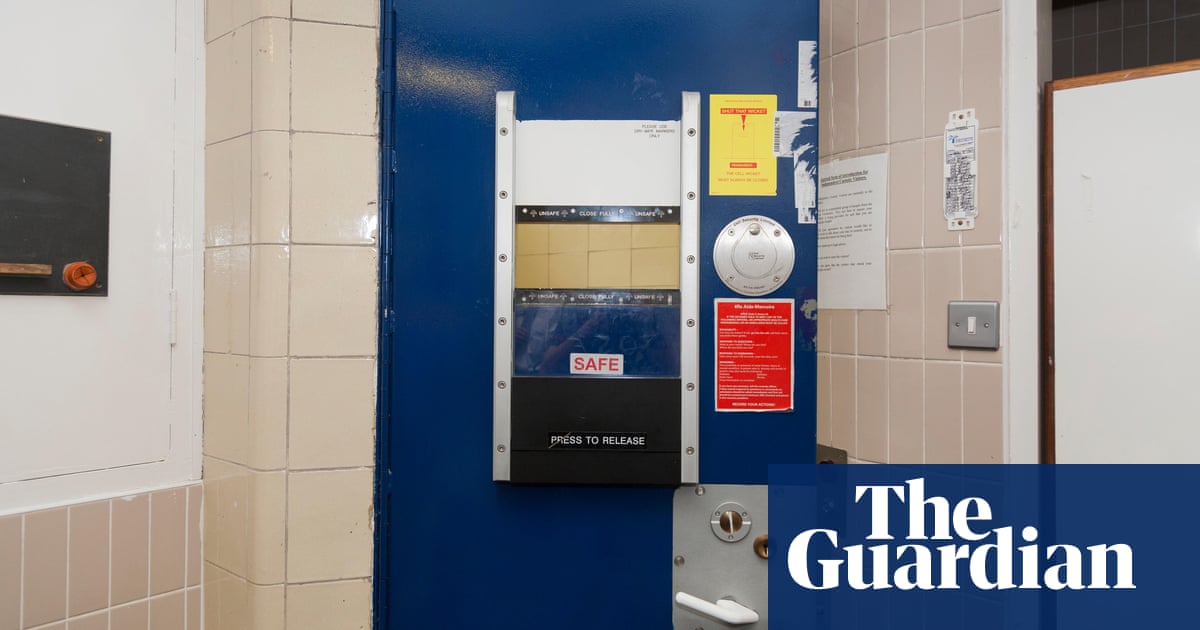
Oversight of how people who have been arrested and detained in custody cells at police stations in England and Wales are treated is inadequate to deter misconduct by officers, a conference has heard.
The independent custody visitors scheme is supposed to allow members of the community to check on the treatment and welfare of detainees, 15 to 20 of whom die in police custody each year, a disproportionate number of them Black.
In a presentation to the British Sociological Association, however, the researcher Dr John Kendall said the scheme was inadequate. He claims the UK has failed to comply with the UN’s Optional Protocol to the Convention Against Torture, which requires that detainees be safeguarded to specific standards.
Kendall, the author of Regulating Police Detention: Voices from Behind Closed Doors, said: “My research found that the existing arrangements for custody visiting under the independent custody visiting scheme are completely ineffective and fail to make any impact on police behaviour. The visitors are not independent and the scheme is designed to cause least trouble to the police.
“I found that the visitors did not gain immediate admission to the custody blocks and did not get to meet all the detainees. The meetings between the detainees and the visitors were very brief. The detainees told me that they did not trust the visitors, and under the code of practice a member of the custody staff is at the door of the cell monitoring the meetings.”
As well as deaths in police custody, there were 56 apparent suicides following custody last year.
Kendall used to be a custody visitor himself and spoke to other visitors, custody staff, detainees and lawyers for his research as well as observing visits, focusing on “a major and very diverse urban police force located in England”. He found visitors did not challenge police when, for instance, access to certain detainees was delayed or denied.
Other issues he identified included:
Visitors failing to report back to detainees when asked to make enquiries on their behalf.
Visitors not being permitted to monitor police interviews with detainees, nor monitor the welfare of detainees waiting to be booked in – the stage at which Sean Rigg died.
Limited scope for their findings to be made public.
Visitors not viewing themselves as independent, with many assuming detainees were guilty.
Kendall, the external associate at Birmingham University’s centre for crime, justice and policing, also said visitors lacked independence because local schemes were run by the respective police and crime commissioner (PCC).
He said both the Independent Custody Visiting Association (ICVA), which has only PCCs and no visitors as its members, and the Home Office have declined to discuss his findings.
“The police mark their own homework on how they treat detainees in their custody,” he said. “Concerned members of the community should be given statutory powers to regulate the police and deter them from conduct causing harm, and potentially death, to detainees.”
A Home Office spokesperson said: “Independent custody visitors undertake a critical role in maintaining the integrity of police custody suites through unannounced visits to check on the rights, entitlements and well-being of detainees and reporting back to the PCCs and policing authorities who hold chief constables to account.”
The ICVA welcomed Kendall’s commitment to detainee wellbeing. A spokesperson said: “Some time has passed since the initial research and previous discussions, and we would be more than happy to re-establish contact with Mr Kendall to re-explore any synergies between his recommendations and our organisation to find areas of common purpose.”





